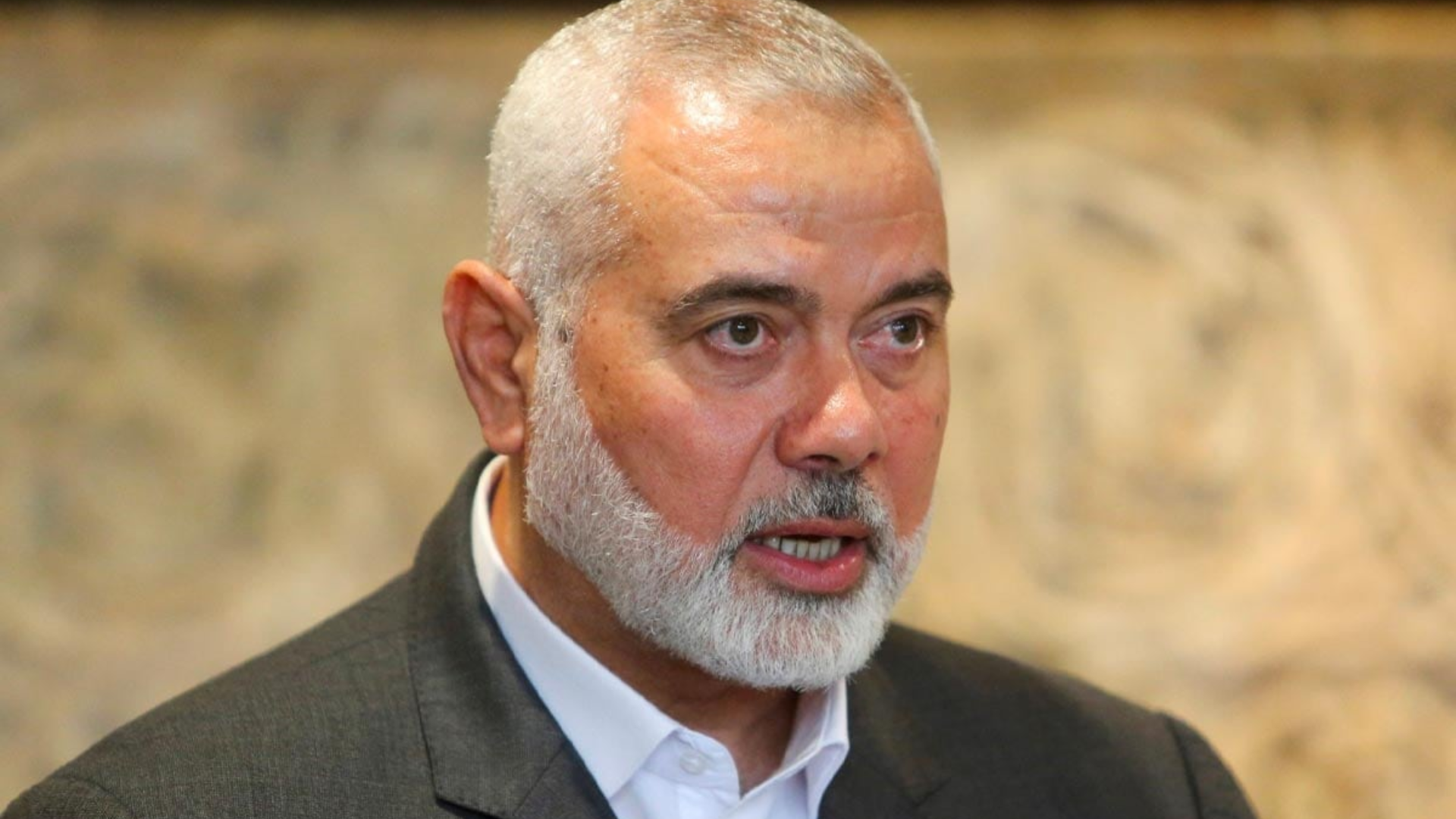
Hamas leader Ismail Haniyeh made a firm statement, asserting that Israel cannot impose its decisions on the Palestinian group. He emphasized that the Gaza Ceasefire deal must ensure security for Palestinians, indicating a stance against accepting agreements without such assurances.
Haniyeh highlighted ongoing Israeli military actions, characterizing them as “massacres against our people.” He expressed frustration that despite Israel’s inclusion in the UN’s “blacklist” for harming children, the international community has not effectively halted what he described as a “war of extermination” against Palestinians.
Tensions escalate in the Gaza Strip as Israeli forces launch a series of attacks in central Gaza, targeting areas in Deir el-Balah and Rafah. Tamer Qarmout, an associate professor of public policy at the Doha Institute for Graduate Studies, sheds light on the situation, stating that Israel’s latest offensive is aimed at increasing pressure on Hamas and the wider Gaza region.
Qarmout suggests that Israel’s objective with these attacks is to compel Hamas into accepting the Gaza Ceasefire deal without any guarantees for a lasting ceasefire. He points out that military analysts have identified Deir el-Balah and Rafah as the last areas in Gaza where Israeli forces have not fully occupied or entered. This indicates, according to Qarmout, a potential strategy by Israel to achieve what some call a “full victory” by completely rooting out Hamas from the region.
However, Qarmout highlights the devastating human cost associated with such tactics. He mentions that there are concerns about the potential loss of civilian lives and infrastructure damage as Israeli forces intensify their operations in Gaza.















